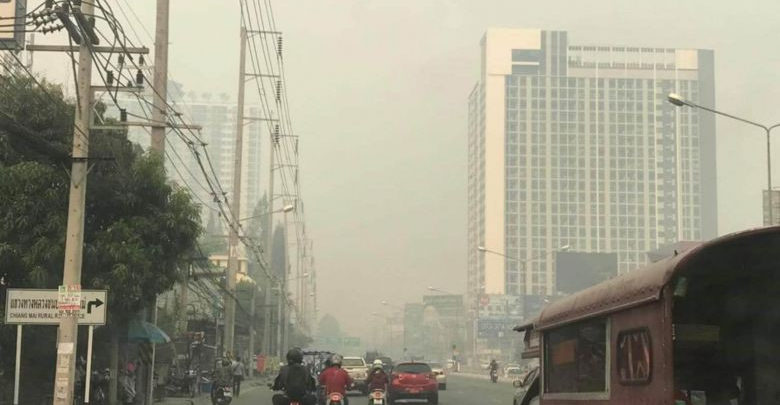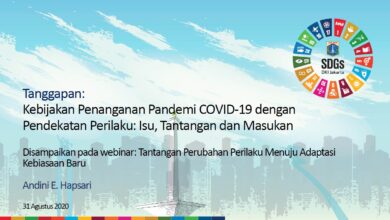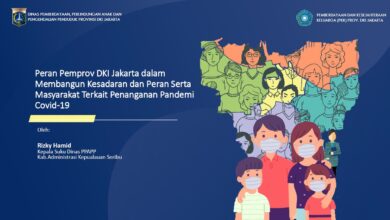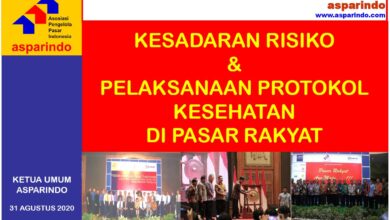
An academic has called on the government to declare a state of emergency in Chiang Mai and most of Thailand’s northern provinces over ‘disastrous’ levels of smog.
Residents in the north are advised to stay inside air-conditioned buildings and avoid all outdoor activities as some areas of Chiang Mai recorded levels of PM2.5 – particulate matter fine enough to enter a person’s bloodstream through the lungs – beyond 700 micrograms per cubic metre (µg/m³) of air on Saturday morning.
Witsanu Attavanich, a lecturer at Kasetsart University, said any level over 500 is hazardous and far beyond the capacity of local authorities to cope. The central government needs to step in now and declare a state of emergency, he said.
“Such a disastrous level of PM2.5 is probably the highest level ever recorded in Thailand,” Witsanu said.
“No need to consider the level of threat from such dangerously hazardous air pollution on our health, as breathing in only 100 micrograms of PM2.5 is considered to be very harmful even for healthy people.”
In January, all schools in Bangkok were temporarily shut down when the PM2.5 level was around 70 to 120 micrograms. But, so far, except for the creation of “safe zones” in Chiang Mai city centre, no such emergency procedure has been ordered by the Chiang Mai Provincial Authority.
Professor Kwanchai Suparatpinyo of Chiang Mai University’s Research Institute for Health Sciences said the situation was critical. He cited the many forest fires that ravaged Chiang Mai and the northern region as well smog from neighbouring countries as the causes.
He urged residents, especially small children, elderly persons and pregnant women as well as those with chronic ailments such as allergies and heart disease, to stay indoors and refrain from all outdoor activity.
Meanwhile the Pollution Control Department (PCD) put the 24-hour average of PM2.5 between 36and 239 micrograms per cubic metre of air in nine northern provinces.
Tambon Jong Kham in Muang Mae Hong Son was worst off at 239 mcg, followed by Wiang Phang Kham in Chiang Rai’s Mae Sai district at 224 mcg. Tambon Wiang in Muang Chiang Rai cited 98 mcg, while Chang Pheuk and Sri Phum in Muang Chiang Mai cited 172 mcg and 168 mcg respectively.
Artikel ini telah dipublikasikan di https://www.thejakartapost.com/life/2019/03/30/thailand-urged-to-declare-emergency-in-chiang-mai-as-air-pollution-hits-disastrous-levels.html
Oleh: The Nation/Asia News Network, The Jakarta Post



